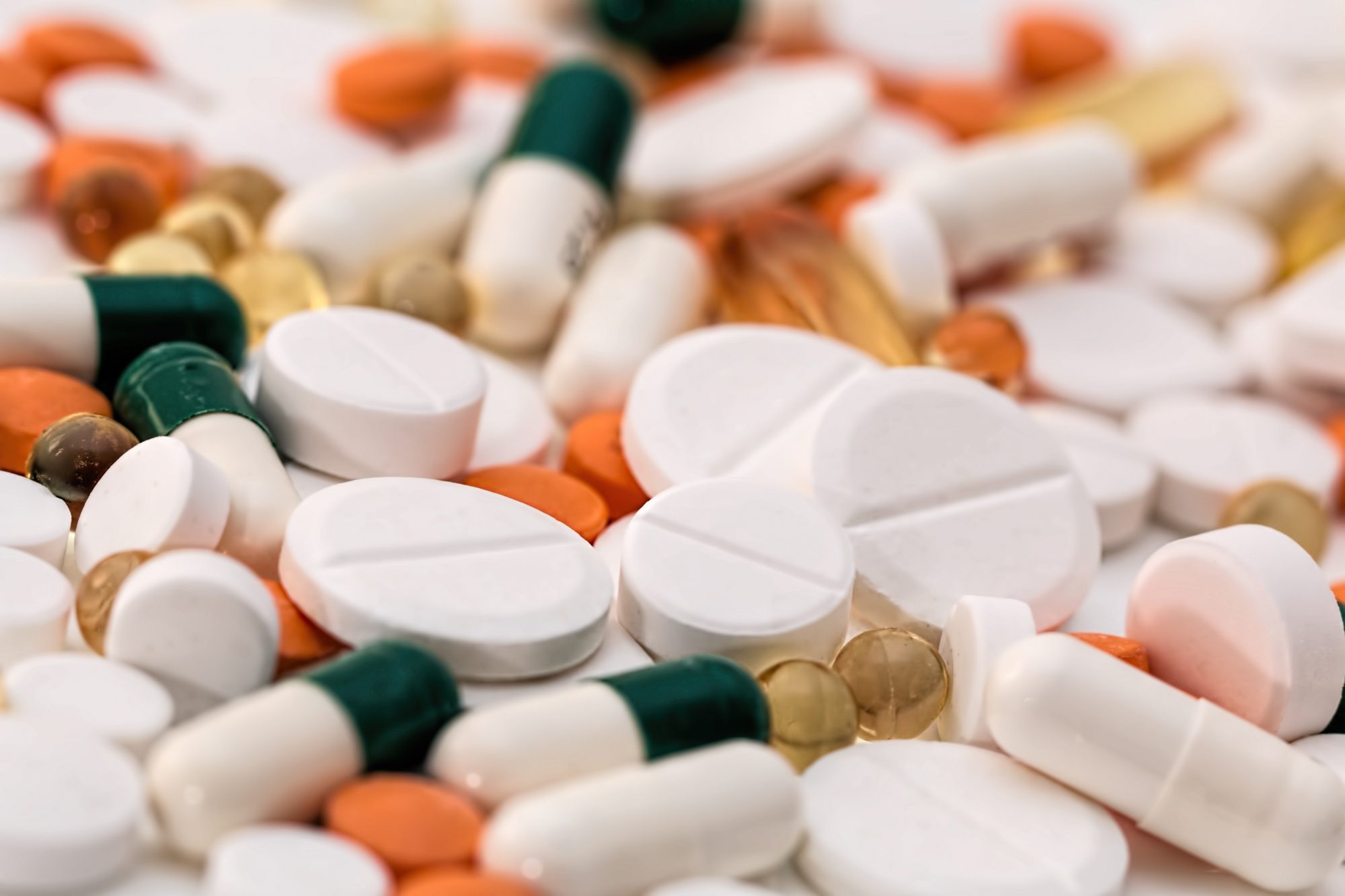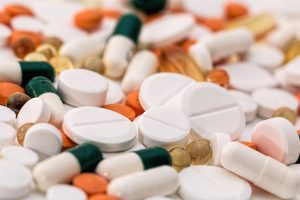
In the Netherlands, doctors are less likely to prescribe Antibiotics and other medication compared to what you may be accustomed to.
 Most medicines require a prescription from your GP after a personal consultation. However, after a consultation, it is possible that you will receive a diagnosis, but no medication. This restraint in prescribing medication applies particularly to the use of antibiotics.
Most medicines require a prescription from your GP after a personal consultation. However, after a consultation, it is possible that you will receive a diagnosis, but no medication. This restraint in prescribing medication applies particularly to the use of antibiotics.
Antibiotics
Antibiotics are drugs that are designed to fight bacterial infections. Most airway infections and gastroenteritis are however caused by viruses, to which the antibiotics have no effect. Also in the human body there are “good” and “bad” bacteria. When you take an antibiotic, it works against all bacteria, both good and bad. The disadvantage of antibiotics is that the destruction of the good bacteria weakens the immune system. They may also have harmful side effects. Yet another consideration is the emergence of resistent bacteria.
The GP needs to weigh these pro’s and con’s when assessing a patient’s medical situation. Evidence shows that it is often best to let an illness run its course without tests and medication that may have harmful side effects. This wait-and-see approach is medically appropriate for minor illnesses such as a sore throat or a common cold.
Discussing medication with your doctor
That being said, what to do if you still feel uncomfortable not getting a prescription? Talk to your GP ('huisarts'). Also ask your doctor if you want to know if you can get the medication that you received in your home country.
